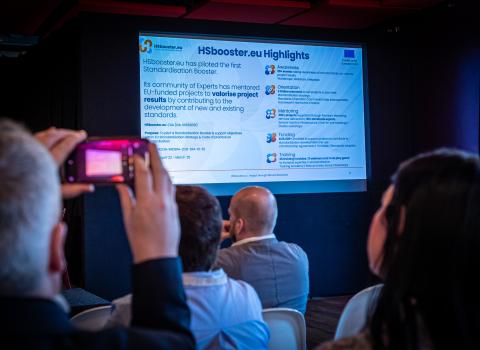A programme that supports SMEs within Greater Birmingham and Solihull to adopt low carbon energy technologies and applications is to be rolled out across the region after securing funding.
The ATETA (Accelerating Thermal Energy Adoption) programme is led by the Birmingham Energy Institute at the University of Birmingham and funded by the European Regional Development Fund (ERDF). Since its launch in 2017 it has offered advice and support to more than 100 businesses within the Greater Birmingham and Solihull Local Enterprise Partnership.
The programme has now secured fresh funding from the ERDF to extend support across a further four Local Enterprise Partnerships: the Black Country; Coventry and Warwickshire; Worcestershire and the Marches.
Through ATETA support, businesses have the opportunity to collaborate with an experienced team of Knowledge Exchange Fellows to improve their research and development and identify new market opportunities.
In particular, Knowledge Exchange Fellows work with SMEs to:
- Develop and commercialise energy products or services
- Provide a platform to test and demonstrate innovative ideas in the University’s state-of-the-art laboratories
- Open doors to new energy markets and technologies
- Solve business problems
- Provide access to energy market intelligence
- Unlock new opportunities
To date the programme has succeeded in generating a net income of almost £25 million for the local economy.
ATETA’s Business Engagement Manager David Terry says: “Our aim is to help businesses in the region achieve clean, secure and affordable energy systems. That means helping SMEs solve the problems that are stopping them from succeeding in this area so they can grow their business at the same time as taking those vital steps towards a low carbon future.”
Projects ATETA has engaged with include advising on novel trading arrangements for domestic electricity supplies, assisting manufacturers working to capture, store and reuse heat and power, and supporting projects for the electrification of transport and the introduction of new transport fuels.
Email the ATETA team to find out if your business is eligible for ATETA support.
This article was first published on 03 March 2020 by the University of Birmingham.





 A unique international forum for public research organisations and companies to connect their external engagement with strategic interests around their R&D system.
A unique international forum for public research organisations and companies to connect their external engagement with strategic interests around their R&D system.